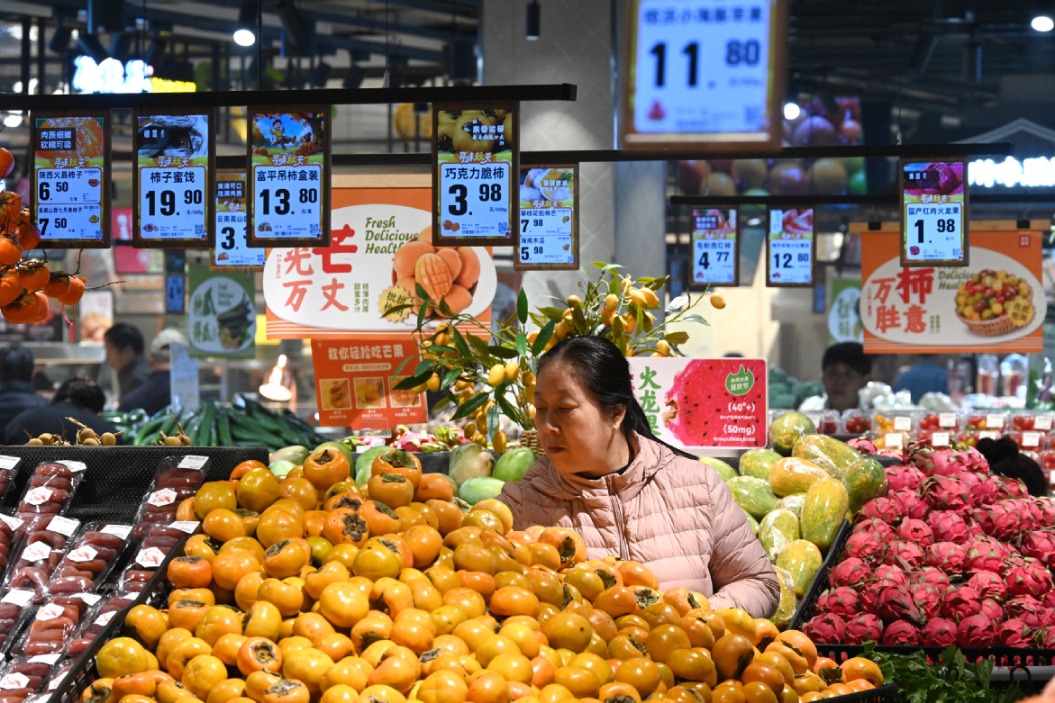China's EU envoy urges tough line against Trump's trade policy

Handelsblatt: For instance?
Zhang: Not far from here in the city of Ghent, a factory owned by the Volvo car company was in a very difficult situation in 2008. Then a Chinese company acquired Volvo car company. With capital coming in and innovation motivated, this factory in Ghent has managed the turnaround.
Handelsblatt: Another good example is the port of Athens acquired by a Chinese investor. But not all Chinese investment is welcome in Europe. That is the reason why the European commission has proposed an investment screening scheme. How do you appreciate this scheme?
Zhang: Investment is driven by market forces. So it is not true to say that Europe does not welcome Chinese investments.
Handelsblatt: The German and the French governments are very concerned about the fact that Chinese companies backed by the state are buying out companies in sensitive technology sectors in Europe.
Zhang: If an investment is not a win-win deal for both sides, it could not happen at all. If the project itself is not attractive enough, no investor would put money in. Investment is a market behavior in nature. Market as an invisible hand is playing its role. But currently unfortunately there seems to be a busy hand that is trying to do a disservice, trying to tie down the invisible hand of the market.
Handelsblatt: When the Chinese state is financing investments in Europe with subsidies one can't see any more of an invisible hand of the market.
Zhang: I think this is just your assumption. The pockets of the Chinese government are not as deep as you believe. And the vast majority of Chinese companies in international markets are private companies.
Handelsblatt: But they still rely on state subsidies. The other side of the coin is that China is still one of the most-closed economies of the world.
Zhang: European companies are very active in the Chinese market. I would like to share with you some figures to see the state of China-EU investment. By the end of April the EU's stock investments in China amounted to 120 billion US dollars, accounting for 4 percent of the EU's total stock investment overseas. And China's stock investments in the EU amounted to a little over 80 billion US dollars, only 2 percent of the total FDI flows into the EU.
Handelsblatt: The European Chamber of Commerce in China said recently that a vast majority of European investors still does not see an opening of the Chinese market.
Zhang: Last October and again April this year China made announcements to further open up its markets. Last week the Chinese government announced even more measures, including the new negative lists for foreign investment, to cut restrictions on market access. These measures include further opening of 22 sectors. The manufacturing sector is now basically opened up. And the level of opening-up in the service sector has fairly increased. China is delivering on its promise. I have seen positive comments in European and American media on this and also by the European Chamber of Commerce in China. The business climate in China is not bad. According to a survey conducted by the World Bank, the ranking of China in terms of ease of doing business has gone up by 18 places, and the ranking in terms of setting up a business has gone up by 65 places.
Handelsblatt: But the director of the European Chamber of Commerce in China Mats Harborn said recently that he sees not so much progress in the opening up of Chinese markets.
Zhang: According to the latest business confidence survey issued by the European Chamber of Commerce, more than 60 percent of European companies are optimistic about their future in China. Of course nobody is perfect and so is China and we will continue to improve the business environment. There is another fact that about 20 to 30 years ago, the decades that I personally lived through, foreign investors were granted supra-national treatments. After China's accession to WTO in 2001, these supra-national treatments have been gradually replaced by national treatments. As we Chinese often say, it is more difficult to go from extravagance to frugality than the other way round. It is natural for companies to have some complaints, but we will continue our efforts to improve business environment as I said.
Handelsblatt: Chinese and European leaders are meeting often these days. On Monday the Chinese premier will meet the German chancellor in Berlin. What is his main message?
Zhang: The first message is a strong commitment to cooperate with Europe. And the second message will be to say No to unilateralism and protectionism.
Handelsblatt: Some observers in Europe got the impression that China tries to benefit from the trade dispute between the western allies Europe and America…
Zhang: No one will benefit from the trade conflict. Everyone is a loser in this scenario including China, the EU and also including the initiator of the conflict.




































